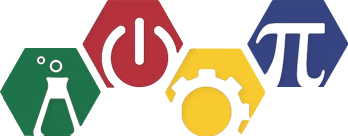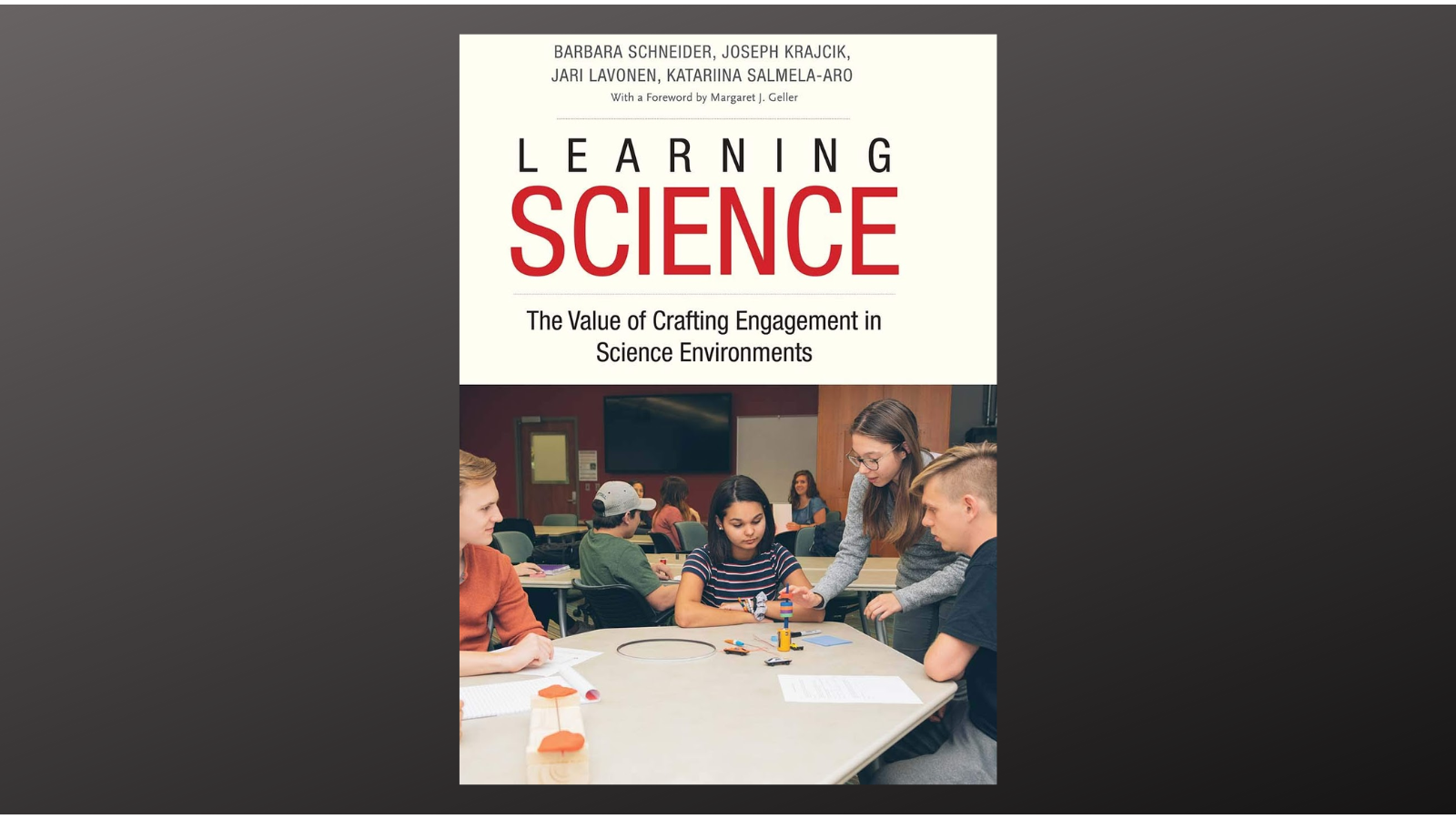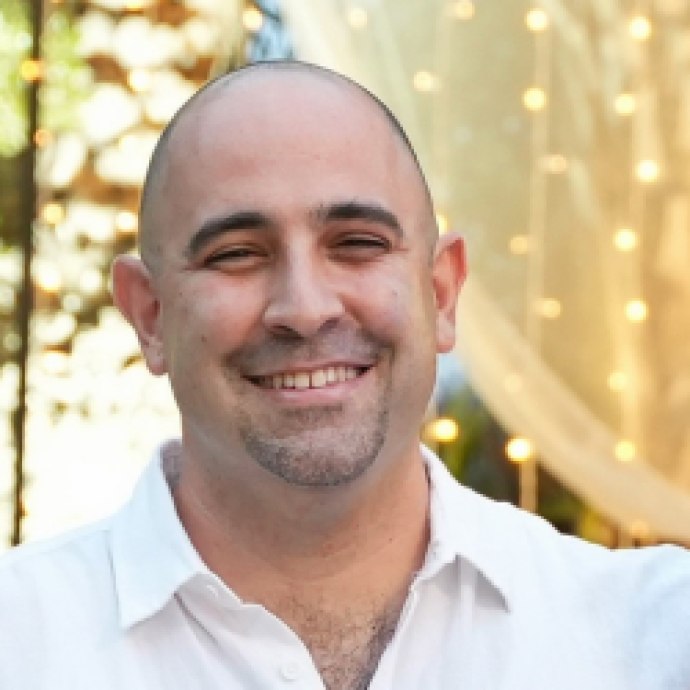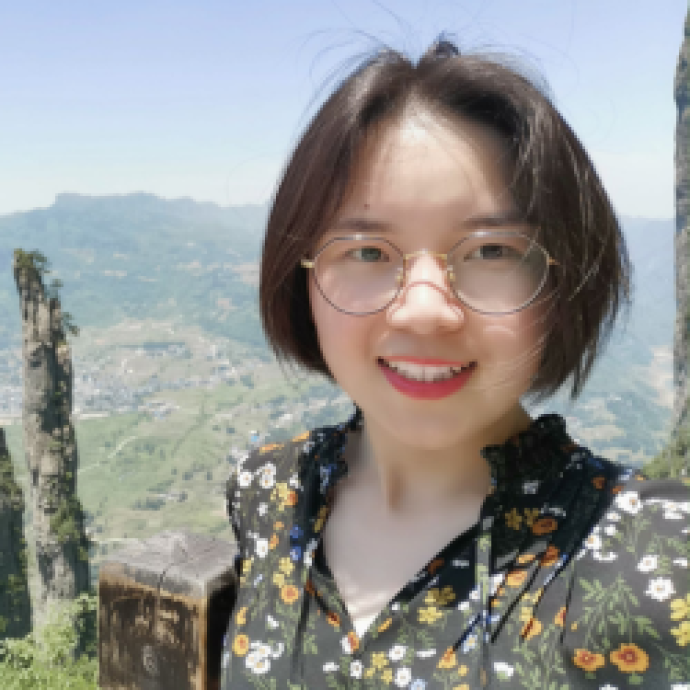
Feed
Ehud Aviran, Ph.D.
Ehud is a postdoctoral researcher, part of the chemistry group of the EIR project. He holds a B.Sc. In Science Education (Chemistry and Environmental Studies) from the Technion - Israel's institute of Technology; and an M.Sc. and a Ph.D. In Science Teaching (Chemistry) from the Weizmann Institute of Science. He specializes in educational technology and personalization of teaching and learning. Ehud was a high school chemistry teacher for 13 years, and loves making science interesting for young minds of different backgrounds.
Weiwei He
Weiwei is a doctoral student in the Curriculum, Instruction, and Teacher Education program at Michigan State University. She is currently on a project team with Dr. Joe Krajcik and Dr. Steve Bennett titled "Exploring Students' Progression in developing Quantitative Knowledge-in-Use about Energy". Weiwei earned her B.S. in Applied Physics at Nanjing Normal University and an M.Ed. in Curriculum & Instruction at East China Normal University. She taught middle school science for two years and developed socio-scientific issues-based curricula.
Workshop: Generative AI 101, February 22, 2024
Michael Lachney, Mike Frazier.
Dr. Eric Hegg recommended as dean of MSU College of Natural Science
Dr. Clausell Mathis encourages 'shaking up the way we teach physics" in The Conversation
Ecology, Evolution, and Behavior (EEB) Town Hall
College of Natural Science Colloquium 2024, October 23, 2024
"Colloquia With Your College" is an event where new Spartans will meet other new students in their college, the Dean, Faculty, Academic Advisers and upper-class students. This session is an essential way for new students to learn about what it takes to be successful at Michigan State University. For more information on locations and times, go to: https://natsci.msu.edu/undergraduate/current-students/natsci-colloquium-2024/index.aspx
Cory Miller, Ph.D.
Cory is an assistant professor working on the Multiple Literacies project. Her research interests involve professional learning and supporting teachers as they make changes in their science teaching practices.
Dr. Stephen Meyers, University of Wisconsin-Madison, January 18, 2023
CREATE, and the Office of the Associate Provost for Undergraduate Education office (APUE) are delighted to welcome Dr. Stephen Meyers from the University of Wisconsin—Madison as our Speaker Series guest for January. Stephen will be on campus from January 17 - 20, and will be available to meet with colleagues around his presentation on Wednesday, the 18th. His talk will begin at noon and wrap up by 1:30 p.m.






